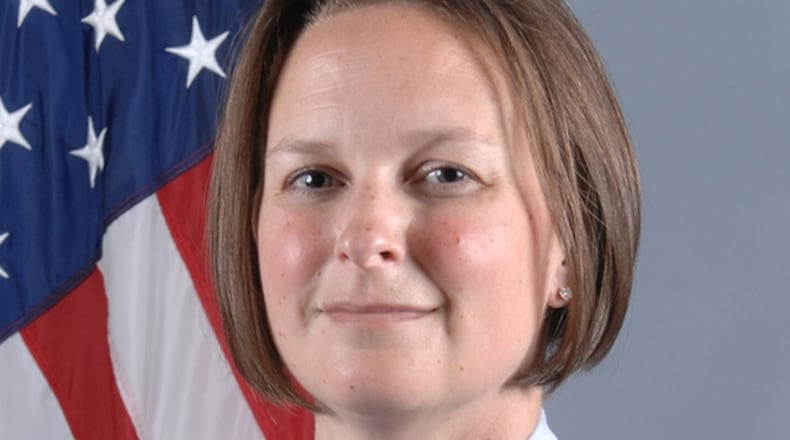I had a pre-Air Force boss who would always get upset when anyone referred to us as staff. He would always say, “Staff is an infection; we’re a team!”
While his spelling knowledge may have been questionable, his point was the two completely different mental pictures and concepts those two words conjure. “Staff” brings to mind a group of people that do a specific job with little to no interaction among the members, whereas the word “team” automatically implies a group of people working together to achieve a common goal.
That mindset lends itself to increased feelings of personal ownership and intra-operability in each individual who is part of the team. Working together and gaining a solid understanding of each other’s jobs allows for better flexibility and adaptability to deal with our ever-changing operational environment.
Our job as leaders is to lead that charge and demonstrate the Semper Gumby mindset to our teams. The more our personnel see leadership changing plans for the day and jumping in to backfill for a member who is out unexpectedly, the more they will understand why flexibility is key to completing the mission.
Our total force numbers and budget may have decreased in the last several years, but for many of us, the ops tempo has remained high. “Do more with less” is a saying I’m less fond of; it really should be “do differently with less.” The conditions that created the need and ability to do things the way we used to likely no longer exist, and we must empower our people to adapt their processes to accommodate the new conditions without compromising the primary mission requirements.
Flexibility in actions is great, but maintaining flexibility in our mindset is also crucial. While it is extremely important to know our team members as people, it is just as important that we, as leaders, understand how each cog in the “machine” functions. We must work with each member of our teams to appreciate the thought processes involved in their part of the mission.
This understanding allows multiple things to happen: First, it builds trust. The more your team feels you understand the nuances and challenges of their job, the more they will buy into any suggestions you propose and are more likely to feel confident offering suggestions of their own.
Mindset flexibility also allows you to put yourself in your member’s shoes to better anticipate what benefits or challenges new operational requirements will have on each position. By accurately anticipating these challenges, we can minimize the mission impact during transitions.
Lastly, promoting flexibility in mindset means we need to be ready to encourage our teams to pivot to a different idea when the current line of effort isn’t working and bounce back quickly from those setbacks.
Maintaining a Semper Gumby attitude is critical to leading a successful team, and as one of your base physical therapists, I also highly recommend applying that attitude to your personal fitness as well.
About the Author
